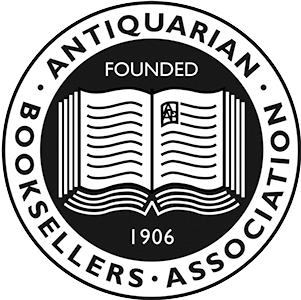
No photo available.
Offered by Adam Andrusier Autographs Ltd
Adam Andrusier Autographs Ltd
PO Box 20077
London
NW2 4FF
Email: adam@andrusierautographs.com
Phone: +020 8208 2044
Website: www.andrusierautographs.com
Store Hours
By appointment only





